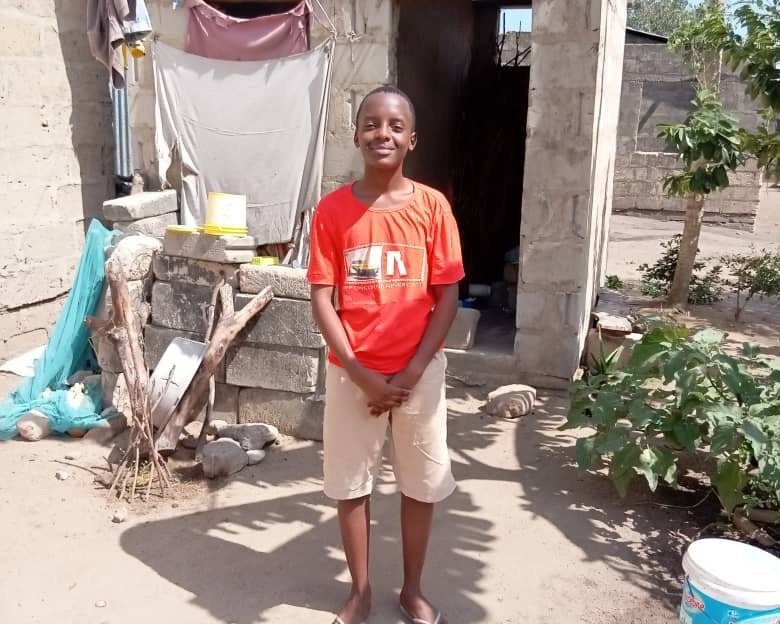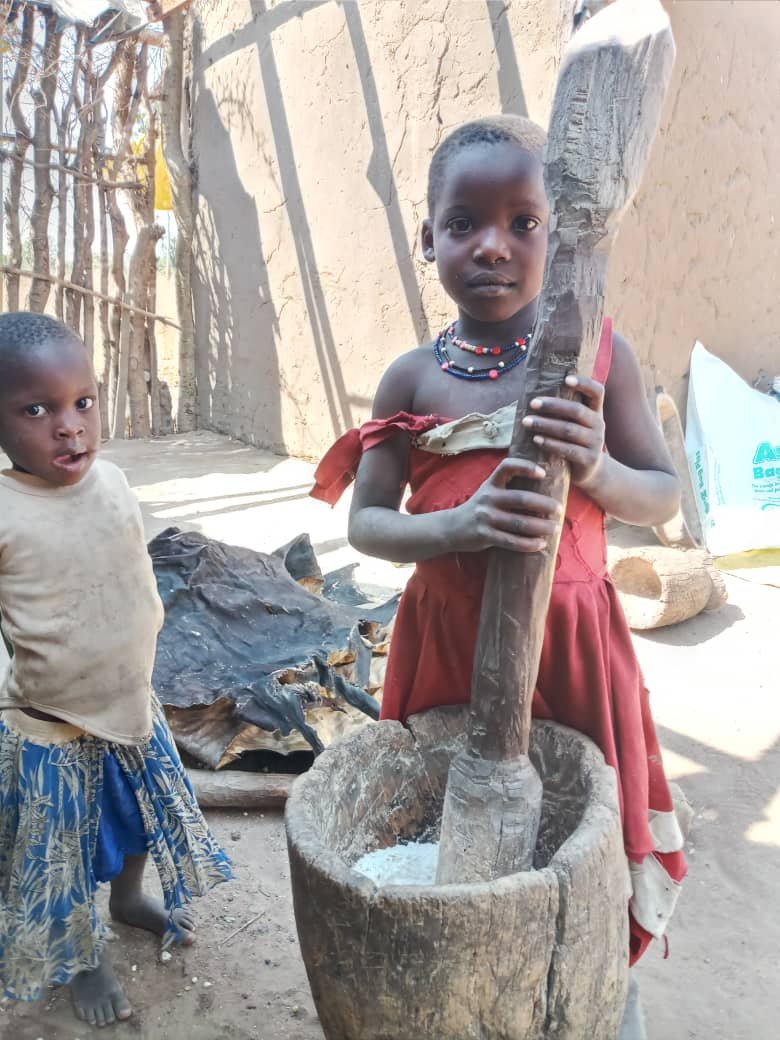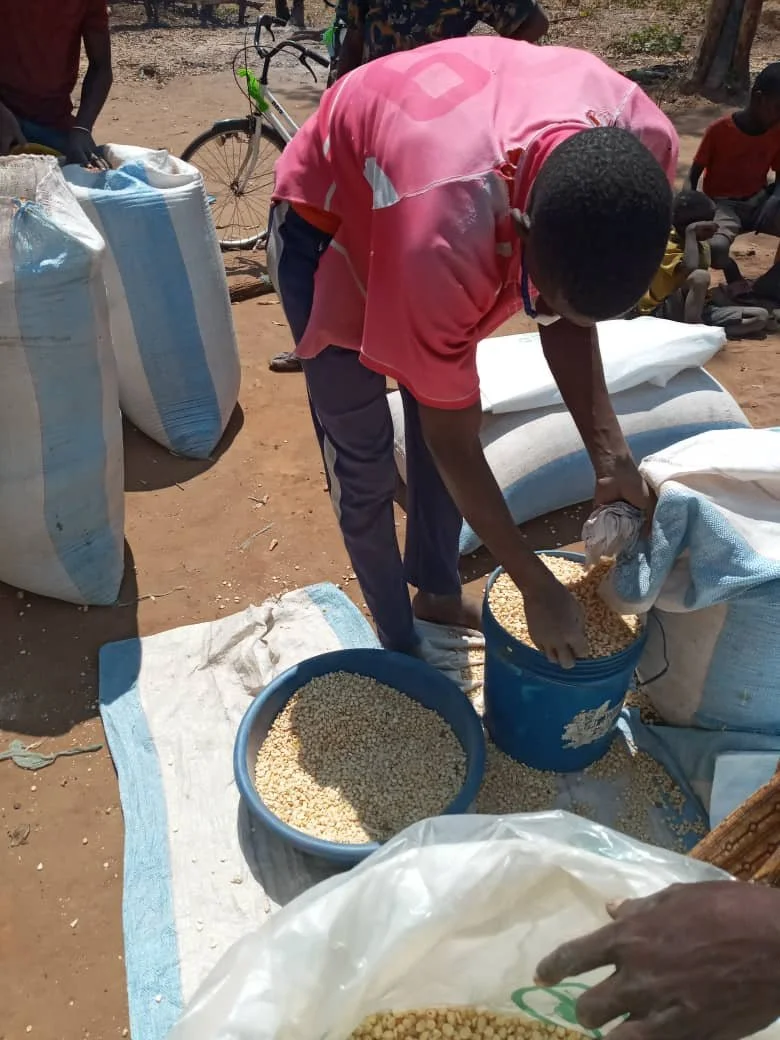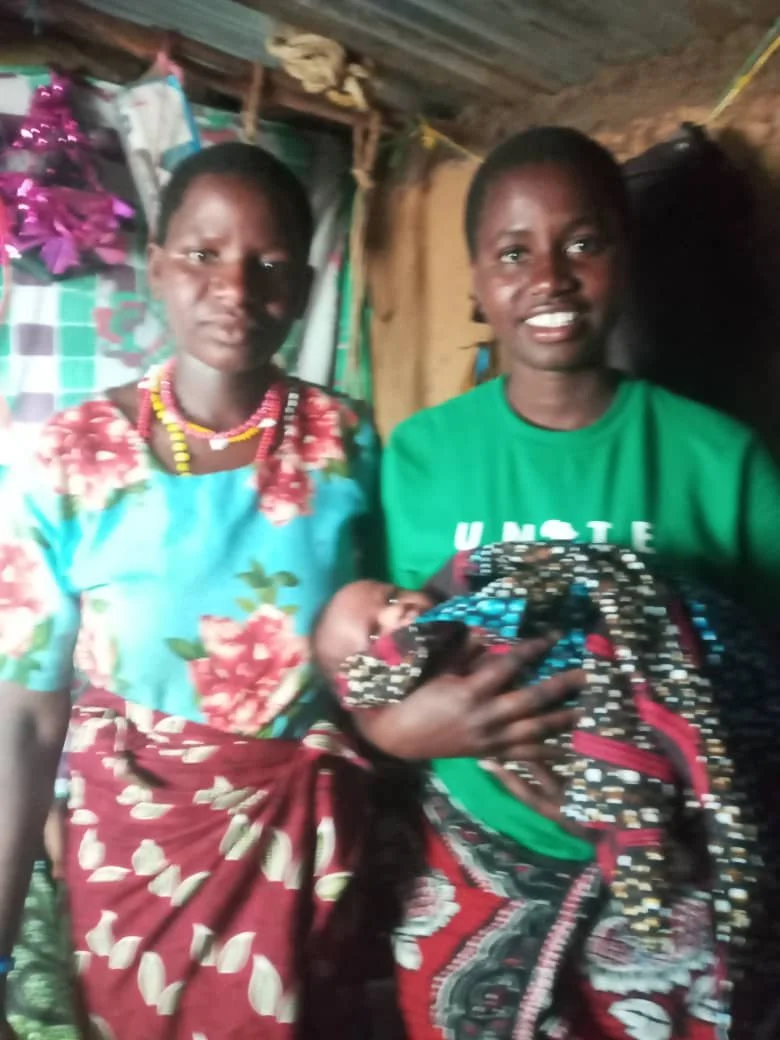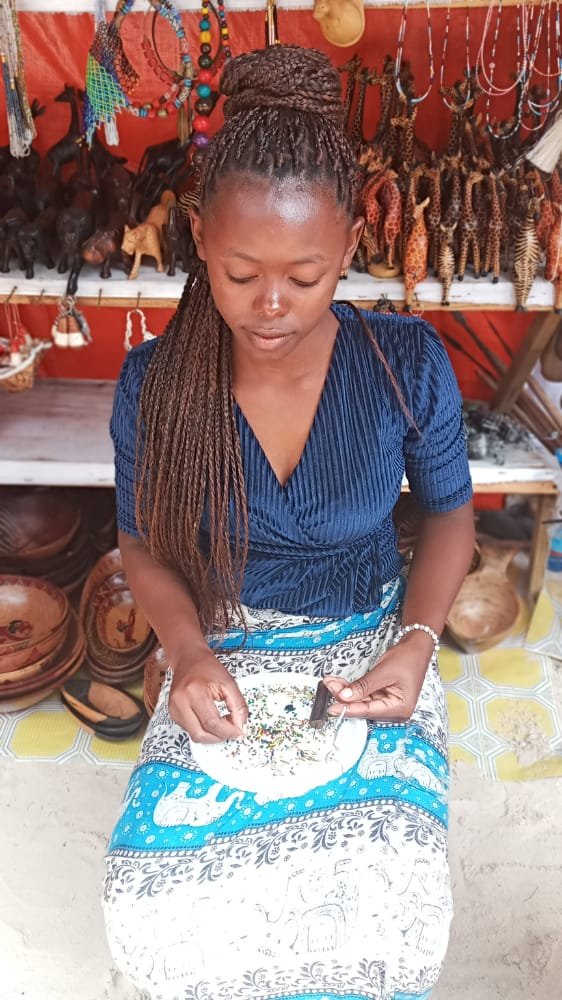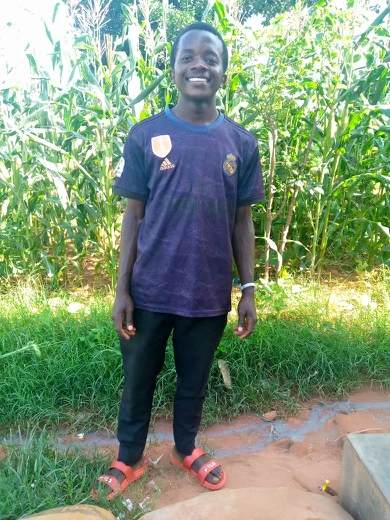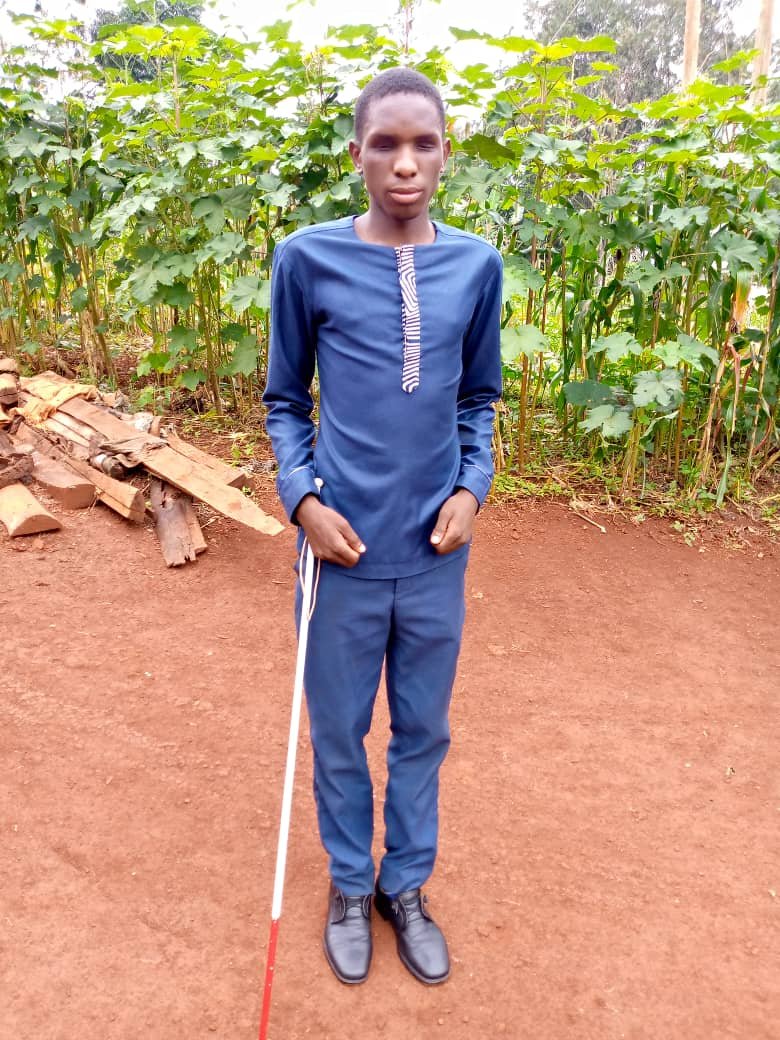Snakebite was one of the world’s most neglected health crises until May 2018 when snakebite envenoming was declared a neglected tropical disease (NDT) at the 71st World Health Assembly held in Geneva, Switzerland. Under its new classification, snakebite joined other NDTs such as leprosy, rabies, and dengue fever. Following the declaration, WHO published a strategy to outline the goal of reducing deaths and disabilities from snakebite by 50% by 2030.
The reality of actualizing this lofty and ambitious goal requires a highly coordinated, multidisciplinary, and widescale global response. Local people living in at-risk areas (which are often some of the hardest places to reach on Earth) must be taught how to prevent snakebite and what do to when it occurs. Clinicians and healthcare professionals (who are already overburdened and under-resourced) must be trained to care for victims; and safe, effective, and affordable antivenoms must be developed (requiring a massive investment of scientific knowledge and financial capital) and made readily available (through the build-out of complicated “last-mile” supply chains) to all those who need them. Currently, it is estimated that in Africa only 1% to 2% percent of all snakebites are treated by antivenom. What happens to the others? They are permanently disfigured or left to die.
***
What saved Ndutai’s life, as well as her arm from amputation, was the Saimr polyvalent snake antivenom manufactured in South Africa. Antivenoms are medicines made to neutralize the toxic proteins found within snake venoms. The basic recipe was invented in 1894 and hasn’t changed much in 138 years. Venomous snakes are “milked” in labs, forced to bite into containers that collect expelled venom. The proteins within the venoms are then isolated and diluted before being injected into horses. For 12 to 18 months, each horse receives “booster” injections, and when its antibodies are strong enough, its blood is extracted and sent to labs to make antivenoms. The process is time-consuming, labor-intensive, expensive (thus not attractive to commercial enterprise), and rife with challenge.
Snake venom is an extremely complex substance. Each snake’s venom can have 50 to 100 different toxic proteins, all of which can cause everything from extensive local tissue necrosis and damage to the central nervous system to paralysis, spontaneous bleeding, and death – depending on the snake species, location, and the nature of the bite. No single antivenom on the market today can neutralize every snakebite.
“Many would consider snake venom to be the most complex drug target known to man,” said Andreas Hougaard Laustsen, a professor in the Department of Biotechnology and Biomedicine at the Technical University of Denmark, who is working with his team on developing new antivenoms. “We now have the opportunity to develop antivenoms that are more efficacious and less costly. Working to solve this problem is like putting a man on the moon... It is a worthy societal and scientific challenge.”
Another challenge is the horse antibodies that constitute the antivenoms. Snakebite victims who receive such antivenoms are susceptible to hyperallergic reactions to the foreign animal antibodies. In rare cases, patients experience anaphylaxis and can die. The determining factor is the quality the antivenom itself. Yet in many regions of the world, there are no minimum specifications for potency, efficacy, dosage, or safe handling of these medications. Controls and regulations are needed. To address this challenge, WHO has launched a pilot program to audit antivenom labs. Their idea is to develop a WHO “stamp of approval” to indicate which antivenoms are safe and effective against specific snake species in specific locations.
It will be years before current antivenoms are improved and many more before new safer, broadly effective, and perhaps “fully human” (made with human antibodies) antivenoms may be made available, affordable, widely distributed (and able to to reach villages like Ndutai’s). Yet because snakebite is now classified as an NDT, this important work is underway.
***
From her bed at the Meserani Snake Clinic, Ndutai can see Meserani’s outdoor “snake park,” an education center built in 1993 by South African couple Lynn and Barry Bale, their young-adult son Wade, and their family friend Deon Naude. The Bales’ mission was to teach local people about such deadly snakes. Today 44 of the continent’s most dangerous snakes are kept in rows of cages where they are viewed by visitors through large panes of thick glass. Over the years, the Bales adding a Maasai Cultural Center (to teach visitors about the traditional customs of the Maasai tribespeople); camel rides (for schoolchildren and tourists); and even a garage where overland vehicles can be serviced by trained mechanics. The income from these commercial enterprises, combined with any donations made by international visitors, covers the running costs of the snake clinic (which officially opened in 2011) and supplies the funds needed to purchase antivenom from South Africa. Each vial costs ~$300 and most bite victims require two to four vials. This is, of course, cost-prohibitive for poor families who earn just dollars a day. Each year the clinic sees an average of 70 patients and many stay for weeks or months at a time. There are two patient rooms, one for females and one for males, and each has three beds. Patients pay nothing, and Meserani receives no financial support from the Tanzanian government.
“It all started 29 years ago. We had antivenom on hand for our guys who were working with the snakes. Then when local people got bitten, they would come to us, and we could not say, ‘We are not going to help because you can’t pay!’ So, we just did it for free. We were, and still are, very happy to save lives and limbs,” wrote Lynn Bale over a text sent via WhatsApp.
***
According to WHO, the risk of snakebite envenoming can be largely reduced through community education. In 2021, to broaden the work of Meserani’s snake park, former park snake handler and education guide 47-year-old Tito Jonathan Lanoy founded the “Tanzania Herpetological Society” as well as the YouTube channel “Tanzania Snakes and Other Reptiles,” and the Instagram account @Blackm_tz (in honor of the Black Mamba, one of the world’s deadliest snakes whose neurotoxic venom causes rapid paralysis and death).
“I’ve witnessed the devastating impact that the human-snake conflict is having on rural communities and have felt frustrated that there is no snakebite policy to tackle the problem,” said Lanoy, who also teaches herpetology and conservation at the College of African Wildlife Management Mweka in Tanzania.
Lanoy has set out on his own to teach as many local people as possible about snakes. His lessons -- taught both in-person and through his social media platforms -- are three-fold:
Snakes are defensive creatures and will attack when cornered or threatened. Hands and feet must stay out of holes and crevices where snakes reside. Compounds must be kept clean and tidy. Vegetation should be cut back away from houses and livestock kept at a distance; snakes are attracted to the smell of chickens. If possible, wear closed-toe shoes and use a torch to illuminate pathways after dark. Inside, secure all food and water in tight containers. Block any holes or openings in outer walls with sandbags. Sleep on raised beds and tuck in mosquito netting tightly. (Not everyone can afford such snakebite-prevention luxuries; however, Lanoy continues to reinforce these “simple” and potentially life-saving choices and behaviors.)
Learn to identify which snakes are venomous and which are safe. Of the 3,000 different species of snakes found in nature, approximately 400 pose a threat to humans. And while most people are deathly afraid of these scaly carnivores -- which are naturally found on every continent except New Zealand, Ireland, Iceland, and Antarctica – Lanoy says to leave them be. “Many people try to kill snakes throwing rocks or hitting at them with clubs and machetes. They believe that the only good snake is a dead snake,” says Lanoy, who teaches how snakes play an essential role in preserving ecosystems by eating rodents that kill crops, infest food, and spread disease.
When someone is bitten, the victim must be kept still and calm. Movement causes venom to circulate through the body faster. Victims must be transported, as fast as possible, either to Meserani where there is always a vial of antivenom or to nearest large government hospital where, if the patient is lucky, there may be a single vial of antivenom. Precious time must never be wasted taking a snakebite victim to a traditional healer.












